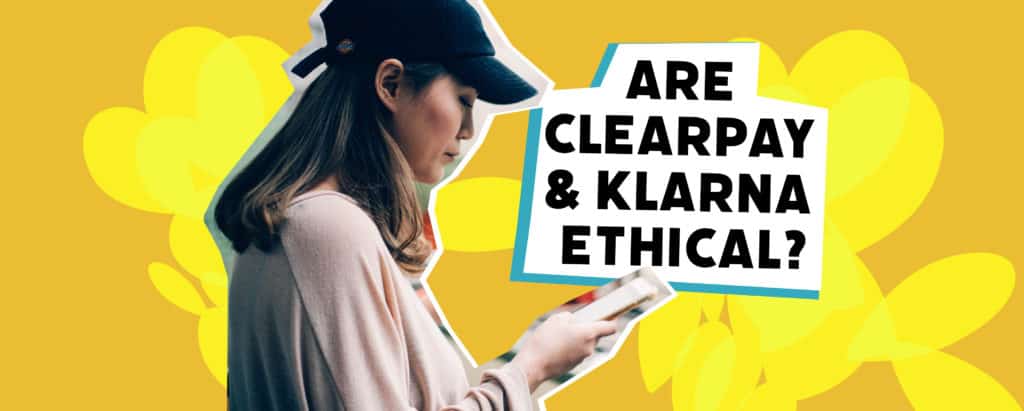Our approach to debt and money management seems very much linked to which generation we belong to. Many of generation Y watched their parents get into credit card debt, which seems to have caused in them an aversion to credit cards. Or perhaps it’s that the banks are now more reluctant to hand them out. Certainly, most of us are not receiving regular letters from the bank encouraging us to invest in a credit card, as the baby boomers were. Generation X seem set to take a negative approach to credit cards and long-term debt. Payday loans have also earned a bad reputation due to their high interest.
‘Buy now, pay later,’ has become the latest alternative to credit-based payment options. Pitching itself as more ethical, BNPL (buy now pay later) is usually interest-free. Companies like Klarna and Clearpay, who offer this solution, make their money by charging the retailers to use the service. Whether this may ultimately affect the cost of products either way is, as yet, unclear.
Options differ depending on which provider you are signed up with. Yet payment choices can include paying in 2, 3 or 4 instalments or paying 30 days after purchase if you choose to keep the item. The latter is a particularly enticing option for online clothing purchases as it takes away the hassle of waiting for a refund if you end up having to send back an item that doesn’t fit.
Instalment paying is also an attractive concept. Many of us don’t have the luxury of much excess income each month which can make purchasing more expensive items challenging. Of course, what former generations did was save up for such purchases, but we are far more used to immediate gratification. Used to next day delivery as standard and one-click buying. Still, it’s not always about having the item immediately that is appealing. By splitting the payments it may be that we can invest in a better quality of item.
In terms of furniture, for instance, you may be restricted to buying low-quality sofas or bookcases which may need replacing in a couple of years. However, if you could split the payments over a few months, you may be able to afford higher quality items that will last you decades. Therefore, paying a little more might be better for your wallet in the long-run and kinder to the environment. Buy now, pay later, can expose us to these opportunities.
The danger is, does BNPL encourage us to make purchases we wouldn’t otherwise? With credit card debt we were likely to scrutinise our purchases because we knew they would inevitably end up costing us even more, due to interest. Yet, companies like Clearpay and Klarna don’t charge their users, so does that make it more ethical? Well, it depends on whether users are more inclined to make purchases that don’t require them to pay immediately.
A Which survey (https://www.which.co.uk/news/2020/12/think-less-spend-more-how-buy-now-pay-later-firms-encourage-impulse-buying/ – Which?) in 2020 found that 24% of BNPL users spent more than they planned because BNPL was available at checkout. Although interest is not usually charged, there are charges for insufficient funds and failure to make payments. Often, BNPL is not viewed as debt because it is relatively short-term and purchases are small. Yet, this assumes that a person may be paying off just one or two purchases. In reality, as the trend towards utilising companies such as Clearpay and Klarna increases so too will the amalgamation of due monthly instalments. It’s easy to imagine how this might quickly get out of hand.
Furthermore, the ability to access items we want in advance of payment has an impact on how much we might be saving for more long-term life-changing purchases, such as travelling or buying a home. According to ONS, over 50% of people aged 22-29 have no savings.
So, should online retailers be offering options like Klarna and Clearpay?
At Blue Cactus, we believe it depends on the cost of your items. If you’re offering lower cost, affordable products then it might not be necessary to offer this payment option to your customers, which may encourage them to get into debt. Yes, the debt is short term and low cost, but is it necessary?
If your products are more costly and might require your customers to split the payments, then we urge you to include the terms and conditions or link to them. This should include how payments work, any interest or charges they might incur and how returning items might affect payments.
In terms of risk to yourself as the retailer, there’s very little downside as it is the credit service that takes on the debt. There is, of course, the cost of this service. Yet, this is generally considered to pay for itself because customers are more likely to spend money if it’s buy now, pay later. The question is, is that ethical? Due to interest, credit card purchases are perhaps more carefully considered by the user and so offering a credit card option instead could be a better alternative. Especially as credit checks can help to establish whether the customer can afford the purchase and many BNPL services carry out either very soft or even no credit checks.
If you’re operating as an ethical company then it’s important to consider these BNPL schemes carefully and ask whether in the circumstances your customers are using this option, are they being encouraging into debt?
You might find there’s a creative more ethical alternative you can find to encourage customers to save for your products. Wish lists are great for this. Allowing customers to save products they want can be a more ethical approach than, for instance, setting a timer from adding an item to cart and the cart being emptied if the purchase is not made within a certain amount of time. Also, you may want to consider the marketing used on your site to promote the BNPL option. Is this just apparent at checkout or is it being displayed on banners as a key USP?
Including options such as Clearpay and Klarna on your website very much depends upon what you’re selling and who your customers are and, as is often the case with ethical issues, there are upsides and downsides to choosing to do so.







